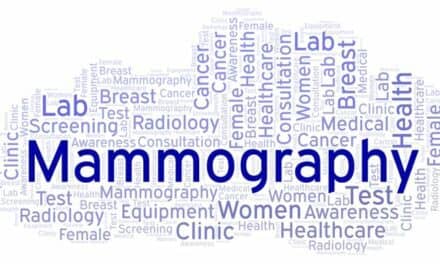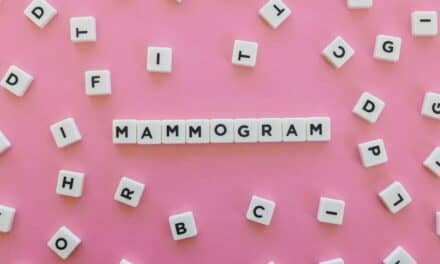After initial shutdowns and recommendations to refrain from routine medical screenings at the onset of the COVID-19 pandemic, all women are now being encouraged to resume getting mammograms. However, some older women might be better off not knowing if they have breast cancer, reports the New York Times.
While many facilities have now created “safe spaces” to resume in-person exams, some of the resulting postponements of routine checkups can have a major impact on the severity of an undetected or untreated disease and sometimes even the chances of survival. One of these is screening mammography, especially for women 75 and older, a group to which I belong that has received conflicting advice for years about the need for, and ideal frequency of, routine breast exams.
On one hand, there’s no denying that breast cancer becomes increasingly common as women age and that finding this cancer in its early stages typically results in simpler and more effective treatment. Indeed, the earliest stage of invasive breast cancer has a five-year survival rate of 99 percent.
On the other hand, some older women might be better off not ever knowing they have breast cancer because they are likely to die of some other cause long before an undiagnosed and untreated breast cancer threatens their health and lives. Yet once a woman is told she has breast cancer after a routine mammogram, she faces a decision about treatment that can have a negative impact on her emotional and physical well-being.
Read the full article in the New York Times.





